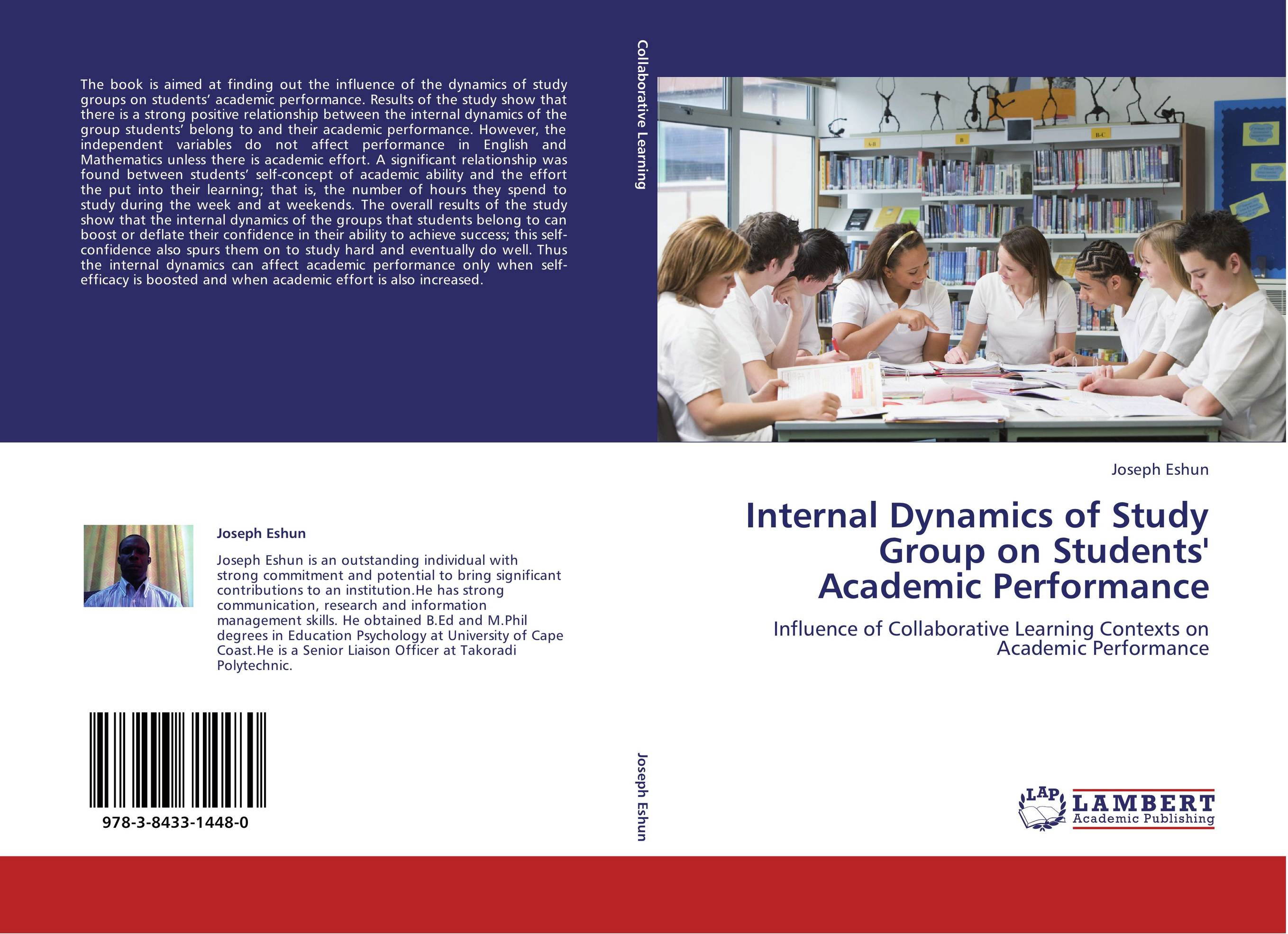| Поиск по каталогу |
|
(строгое соответствие)
|
- Профессиональная
- Научно-популярная
- Художественная
- Публицистика
- Детская
- Искусство
- Хобби, семья, дом
- Спорт
- Путеводители
- Блокноты, тетради, открытки
Internal Dynamics of Study Group on Students' Academic Performance. Influence of Collaborative Learning Contexts on Academic Performance

В наличии
| Местонахождение: Алматы | Состояние экземпляра: новый |

Бумажная
версия
версия
Автор: Joseph Eshun
ISBN: 9783843314480
Год издания: 2012
Формат книги: 60×90/16 (145×215 мм)
Количество страниц: 116
Издательство: LAP LAMBERT Academic Publishing
Цена: 31779 тг
Положить в корзину
Позиции в рубрикаторе
Сферы деятельности:Код товара: 486186
| Способы доставки в город Алматы * комплектация (срок до отгрузки) не более 2 рабочих дней |
| Самовывоз из города Алматы (пункты самовывоза партнёра CDEK) |
| Курьерская доставка CDEK из города Москва |
| Доставка Почтой России из города Москва |
Аннотация: The book is aimed at finding out the influence of the dynamics of study groups on students’ academic performance. Results of the study show that there is a strong positive relationship between the internal dynamics of the group students’ belong to and their academic performance. However, the independent variables do not affect performance in English and Mathematics unless there is academic effort. A significant relationship was found between students’ self-concept of academic ability and the effort the put into their learning; that is, the number of hours they spend to study during the week and at weekends. The overall results of the study show that the internal dynamics of the groups that students belong to can boost or deflate their confidence in their ability to achieve success; this self-confidence also spurs them on to study hard and eventually do well. Thus the internal dynamics can affect academic performance only when self-efficacy is boosted and when academic effort is also increased.
Ключевые слова: Social Skills, Self-efficacy, interdependence, Shared Leadership, promotive interaction, equal participation, individual accountability, group processing, collaborative learning



